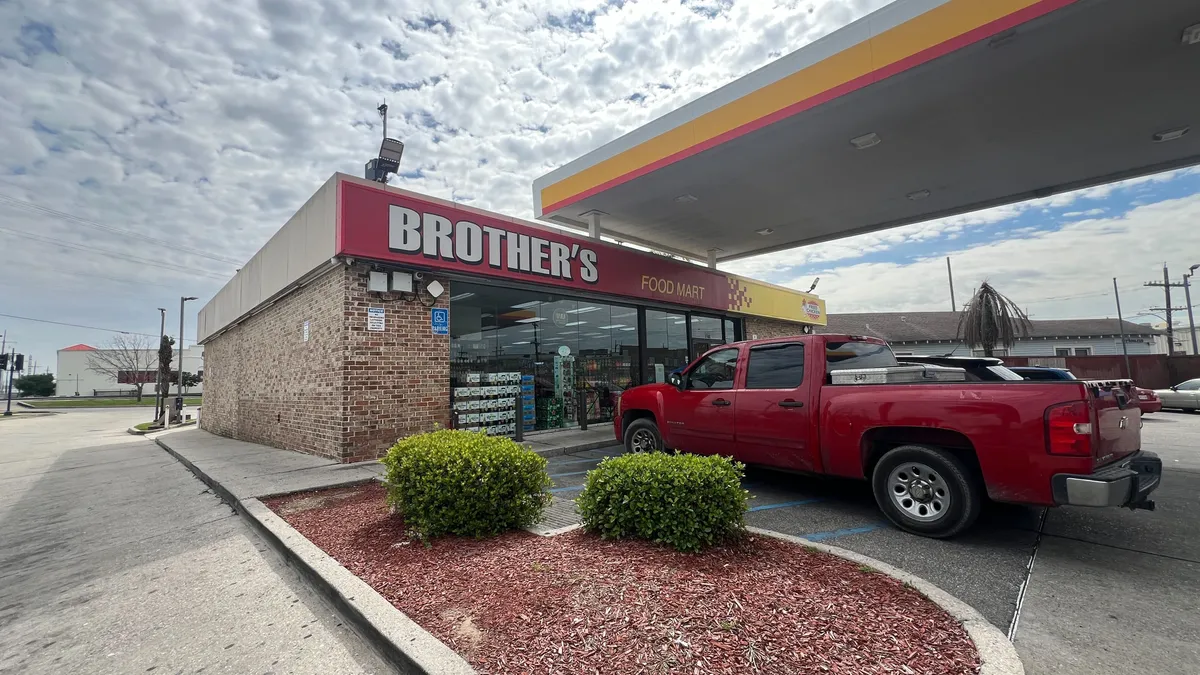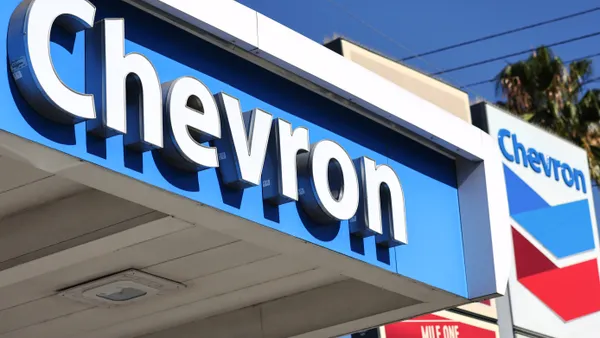Even with Mountain Express Oil’s former leaders expected to stand trial for fraudulent activities that led to the company’s collapse, federal regulators continue to investigate what happened during the company’s growth spree between 2020 and 2023.
In affidavits filed earlier this month in the U.S. District Court in the Northern District of Georgia, two former Mountain Express chief financial officers characterized the company’s growth strategy as similar to a Ponzi scheme — a type of security fraud that involves the payment of purported returns to existing investors from funds contributed by new investors, according to the Securities and Exchange Commission.
Walter Vic Lacy and John Scott, who separately held the role of CFO at Mountain Express between 2020 and 2022, said the company’s sale-leaseback strategy showed gains on a surface level, but those gains were far outstripped by the rents and other expenses associated with operating its nearly 300 c-stores and fuel distribution business.
Atlanta-based Mountain Express would acquire convenience stores and almost immediately resell them for a considerably larger price, often to real estate investment trusts, who would lease the locations back to Mountain Express via long-term agreements at inflated rental rates.
Both CFOs said that although Mountain Express treated the difference in these transactions as gains on its financial statements, they were not truly gains on its income. Instead, the money was “akin to cash inflows from financing that needed to be rapid with interest,” both CFOs said.
The CFOs added that Mountain Express did not earn sufficient income from its fuel distribution and c-store businesses to pay the debts it incurred during its growth spree. As a result, the company engaged in more sale-leaseback deals to pay down these debts, both CFOs said.
Scott said that Mountain Express’s growth strategy “is consistent with my general understanding” of how a Ponzi scheme could work, and Lacy concurred.
“Looking back at MEX’s operations in hindsight, it had characteristics of a Ponzi scheme in that MEX was using funds from new sale-leaseback transactions to pay debts incurred through prior sale-leaseback transactions and owned under the credit agreement,” Lacy said in his affidavit.

While Ponzi scheme penalties vary by severity, in the state of Georgia, offenders can face up to 20 years in prison, according to law firm Grisham, Poole & Carlile.
Both CFOs said that based on their reviews of Mountain Express’ financial statements between 2018 and 2021, the company was “operationally insolvent” during this entire period.
“As time went on, Mountain Express had to accelerate its sale-leaseback transactions to obtain more and more funds to cover its debts, which only grew as Mountain Express had to pay increasing rents and other payments from prior sale-leaseback transactions,” Scott wrote in his affidavit.
With Lacy’s and Scott’s testimonies, three former Mountain Express CFOs have now spoken out against the company’s financial dealings. In May 2024, Gina Zamarelli, who was hired as Mountain Express’ CFO in late 2022, testified that the company’s former co-CEOs, Lamar Frady and Turjo Wadud, siphoned company funds while they were leading the convenience retailer.
Earlier this year, Wadud and Frady, as well as Mountain Express founder Barry Bierenbaum, were summoned to a trial by jury in the U.S. federal court in Atlanta for siphoning more than a hundred million dollars from the company between 2020 and 2023. No updates regarding a trail date have been released.












